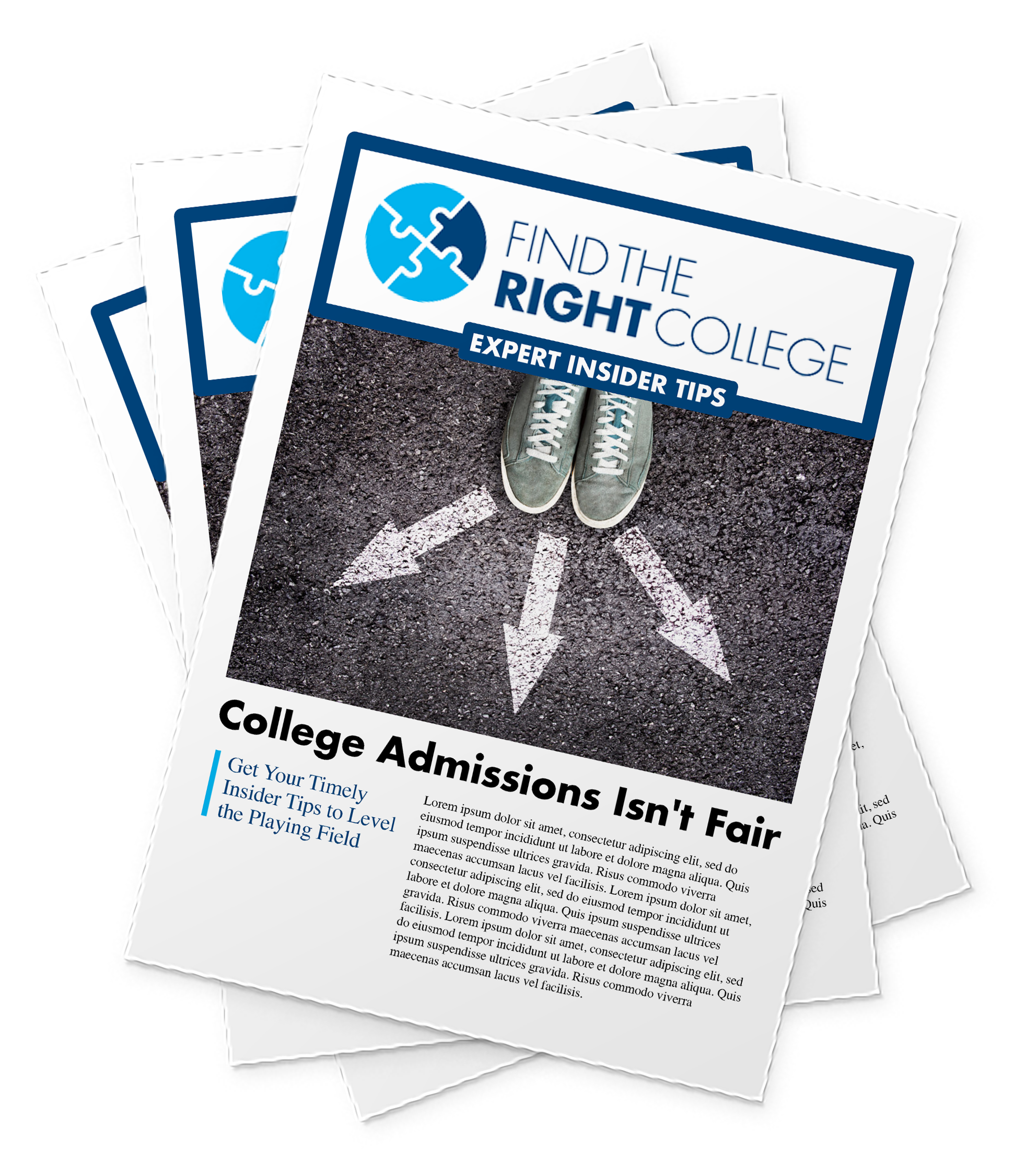As you research colleges, take time to examine the resources they have available to prepare students for future careers. Can graduates find good jobs? What is their starting salary? To put it another way, you need to know if the colleges you are considering can deliver a favorable return on investment.
Of course, colleges are not shy about singing their own praises. So judge carefully. The reason we published this road map is to help you compare one school to another and figure out which school will create the greatest “lifetime value” for you. Follow the steps below at each college on your list to determine the best fit.
- Evaluate the School’s Website. Consider how easy it is to find information about career planning. Is the career development program’s webpage informative, or does it appear to be an afterthought? Outcomes and alumni success should be highlighted on the college’s website and in its publications.
- Visit The Career Development Office In Person. Think about its accessibility. Is it in a central location, where students pass by its doors every day, or hidden in a dark corner of campus? Check out the space. It should be a comfortable place for students (and recruiters) to spend time. It should be equipped with the latest technology to support students in their search.
- Ask Who Has Access to Career Development Support. Does the office seem primarily concerned with advising seniors, or does it work with students from their first year through their final year to put graduates in the best possible position to be successful? Learn about the career services staff, and consider its size relative to the undergraduate population.
- Explore Internship Opportunities. How does the college help students access internships and other potential development opportunities? Find out what activities are in place to help students investigate various fields and industries. Some colleges host career fairs, while others hold monthly programs focused on specific sectors. Also inquire about what employers come to campus to conduct interviews and the history of post-graduation placement at these companies. These employers would likely be from corporations that recruit students early in their senior year. How does the college connect students with opportunities in other fields that do not usually send recruiters to campus?
- Inquire About Alumni Engagement. How does the college connect students with alumni for career advice? Look for a strong relationship between the career development program and the alumni office. The college should have an online alumni career network for students to access. See if you can find any relevant measurements about the level of alumni engagement, perhaps through data or outside sources.
Of course, finding a job is ultimately the responsibility of the student. The onus is on the student to show initiative and use career development resources. However, colleges have a role to play in putting these resources in place. An early focus on career development greatly increases the value proposition of a college degree. For both the student and the college, good career placement is a positive outcome and a measure that should factor heavily into your search.
Nicole has dedicated the entirety of her 20 year career to encouraging higher education opportunities. After graduating from Vanderbilt, she worked in her alma mater’s admissions office. The, she completed her PhD in Counseling so she could bring that expertise into college counseling. Nicole partnered with her former Vanderbilt colleague, Fitz Totten, to form Find The Right College and support their mission to make trustworthy advising more accessible.



